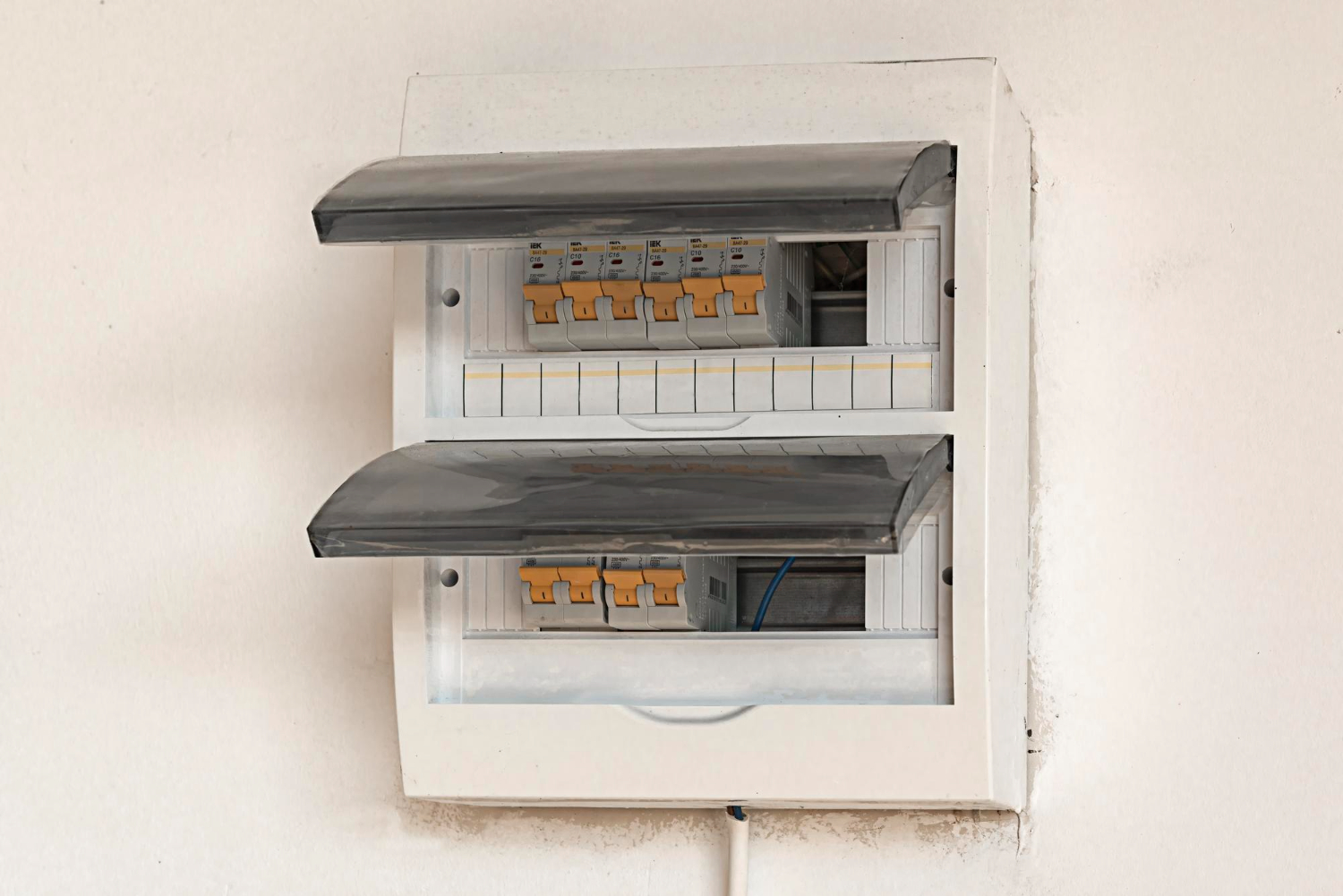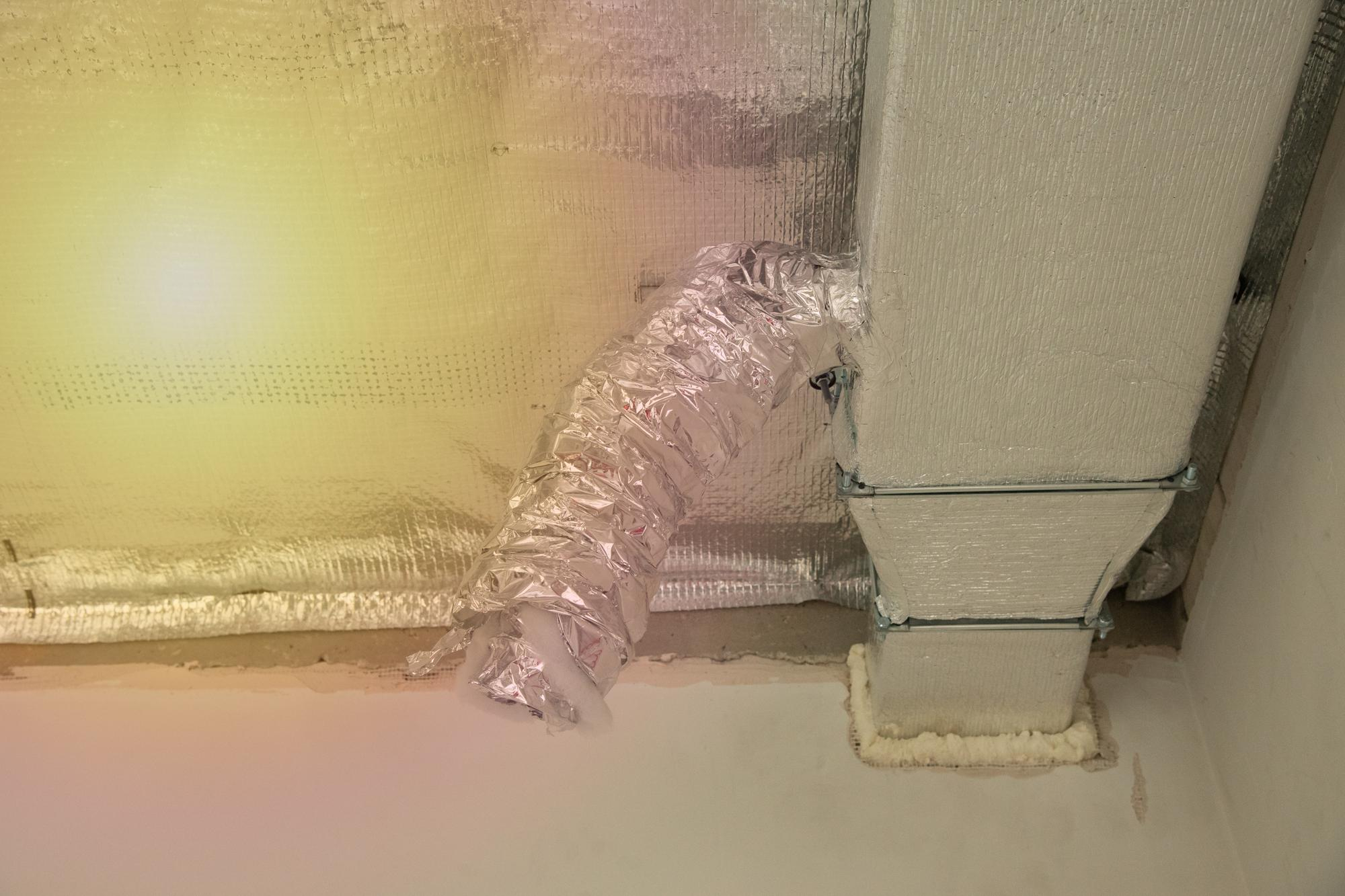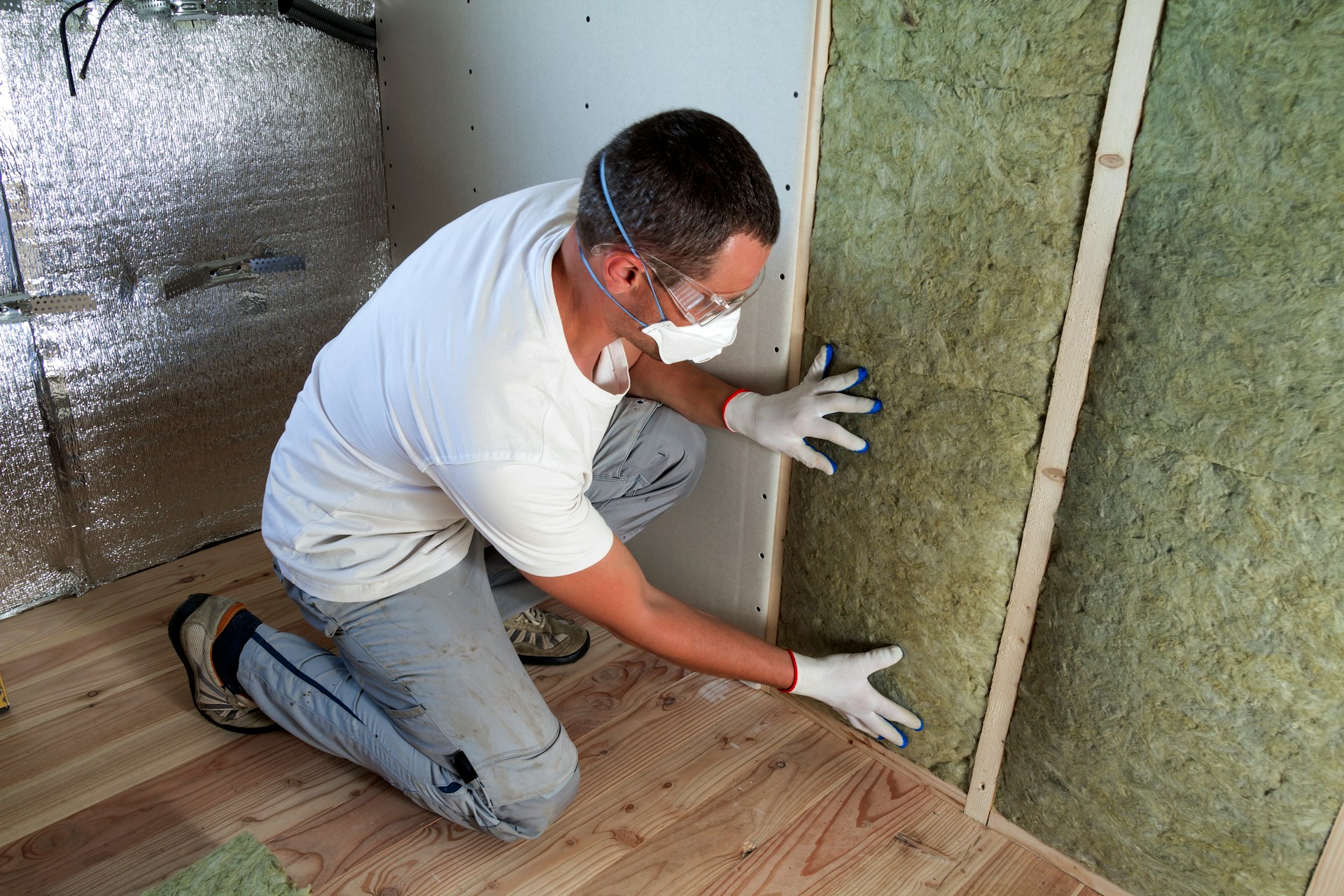When Should You Repair or Replace Your Air Conditioning System?
This is the time of year you are thinking about air conditioning service–make your calls now for inspections, repairs, and/or estimates for HVAC replacements before the 100-degree days hit – maybe as soon as next week!
If you have air conditioning equipment that is approaching the end of its useful life, you may have to start thinking about the “repair or replace” decision.
Our experienced Daffan techs can give you some guidance in this area. Here are some things to consider when evaluating the condition and performance of your HVAC system, and whether it may be a good time to move ahead with replacement:
- Air conditioners and heat pumps have an average lifespan of 10 to 12 years, while furnaces last around 15 to 20 years. If your equipment is this old, replacement will likely be the best option. Today’s equipment is much more energy efficient, and if you’ve made weatherization improvements to your home, you may be able to replace your old equipment with a smaller unit. After replacement, you may notice a welcome drop in your monthly energy costs.
- If you’ve noticed unusual noises when your system powers up, or have humidity problems or difficulty keeping certain rooms at a comfortable temperature, these may be signs your system needs repair or replacement.
- Compare the estimated cost of repairs to the cost of new equipment. If the repair is more than 50 percent of the cost of a new system, it’s a better idea to go ahead and replace it.
- If you haven’t made any changes in your energy lifestyle, but you’ve noticed higher monthly electric or gas bills, your HVAC system could be losing efficiency. It’s definitely a reason to get your system checked out and evaluated for repair or replacement.
- Check with your local utility company to see if they offer rebates for upgrading to high-efficiency HVAC systems. Also, there may be tax credits available for the installation of air conditioning and heating equipment powered by alternative energy. These incentives may make it easier for you to proceed with a replacement rather than getting by with an old, inefficient system.










